CAMAG
the First Name in TLC
A pioneer in Planar Chromatography for more than fifty years, CAMAG’s sophisticated instruments and automated solutions make it the world leader in instrumental TLC.
A pioneer in Planar Chromatography for more than fifty years, CAMAG’s sophisticated instruments and automated solutions make it the world leader in instrumental TLC.
It continues to lead developments in the field, with research yielding recent innovations such as its system for managing dried blood spot (DBS) samples and the TLC-MS Interface, hyphenating TLC and mass spectrometry for easy identification of substances on the plate. CAMAG’s comprehensive product range covers most TLC needs, starting with the first step in the workflow – sample application onto the layer. Accurate volume, concentration and positioning of the sample are vital to ensuring the best separation, particularly in the case of HPTLC where more precise positioning and volume dosage is needed. Whether manual or automated sample application is selected – the latter generally being more fast and accurate but more costly – CAMAG’s instruments can assist in the process. In the development stage of thin layer chromatography (TLC), the different compounds in the mobile phase ascend the layer (stationary phase) by capillary action at different rates. The mobile phase is evaporated, leaving the various analytes at different heights on the plate. To give the most accurate results, CAMAG offers two options for automated control of the development process under controlled conditions of time, migration distance, temperature and humidity. In the detection stage, the developed plate is evaluated – typically under varying wavelengths of light, sometimes with the addition of selected colour reagents – to identify the substances found. Chromatogram evaluation by scanning densitometry offers a maximum of quantitative precision plus spectral selectivity. Reflected light is measured either in the absorbance or in the fluorescence mode. From the acquired data quantitative results are computed with high precision and spectral selectivity. Image acquisition of the developed TLC layer by digital photography under selected wavelengths of light permits convenient storage and visual evaluation of chromatograms. CAMAG’s automated solutions provide a selection of additional features facilitating image optimization and comparison, detection of bioluminescence on HPTLC plates, and software-driven evaluation of stored images. Using chromatographic separation techniques in combination with mass spectrometry (MS) has opened up new analytical capabilities for researchers. This hyphenated approach separates compounds chromatographically before they are analysed by mass spectrometry, enhancing the mass resolving and mass determining capabilities of MS. CAMAG’s convenient universal TLC-MS Interface elutes zones of interest semi-automatically and feeds them online into HPLC-MS systems of various brands.
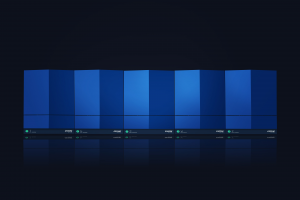
Just RUN.
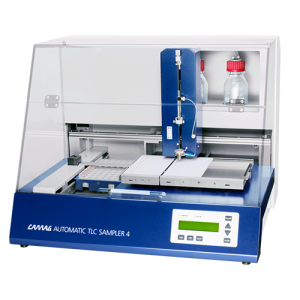
Precise fully automatic sample application for Planar Chromatography
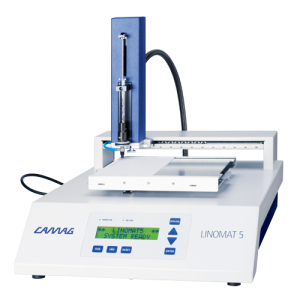
Bandwise sample application by spray-on technique for Planar Chromatography
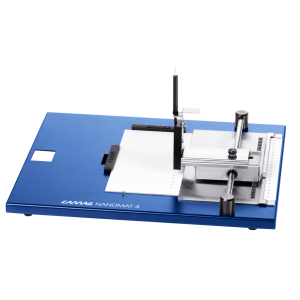
Easy manual sample application for Planar Chromatography
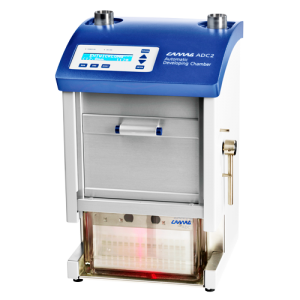
Fully automatic TLC/HPTLC development with high reproducibility
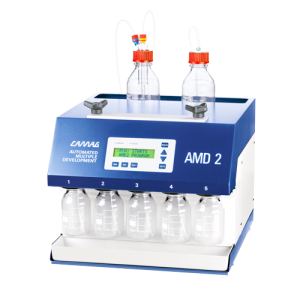
Extending the reach of TLC using gradient elution
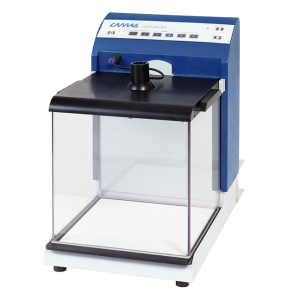
Spraying device for automated derivatization of TLC / HPTLC plates
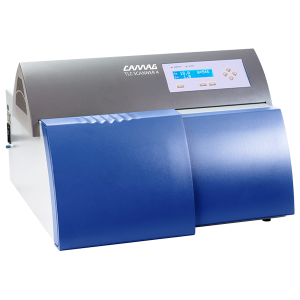
Advanced densitometric evaluation workstation for TLC/HPTLC
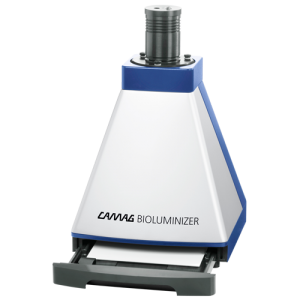
Exceptionally sensitive bioluminescence detection for HPTLC
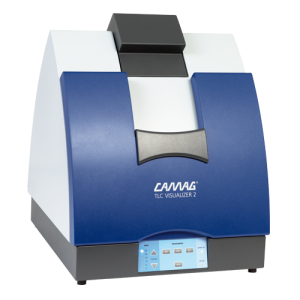
Professional Visualization, Documentation and Evaluation of Planar Chromatograms
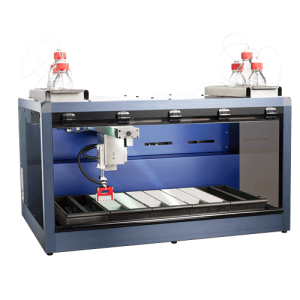
Take the tedium out of Dried Blood Spot analysis